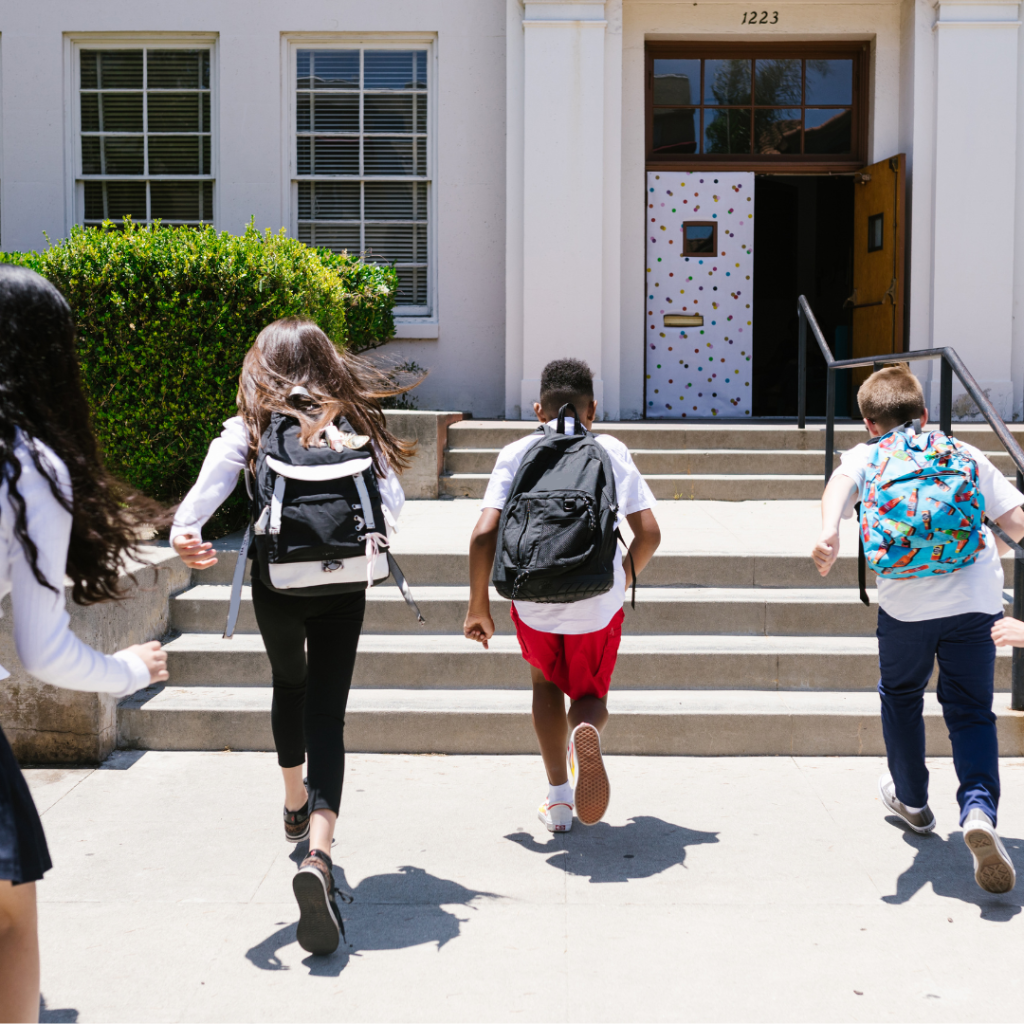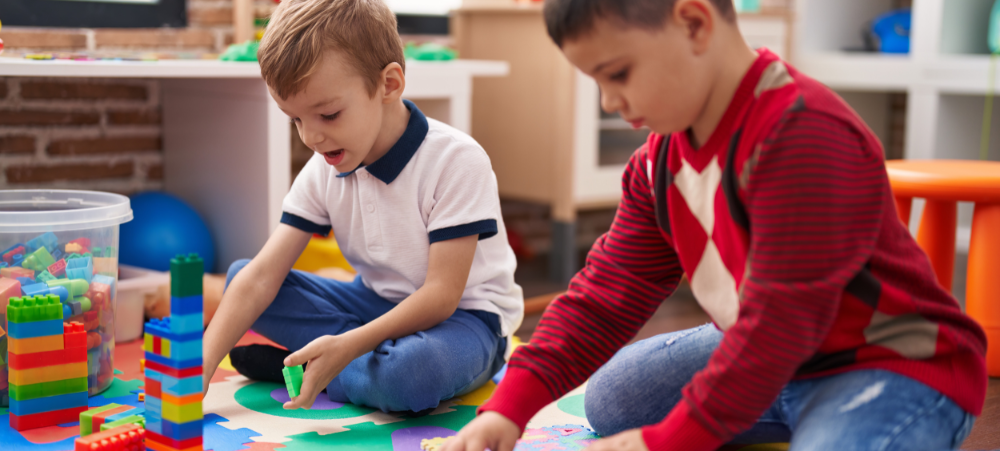In the intricate tapestry of a student’s academic journey, transitions represent pivotal moments that can significantly shape both their educational experience and personal growth. Whether moving from one school to another or ascending to a higher grade, these transitions carry profound implications for academic performance and socio-emotional well-being. This article delves into the nuanced dynamics of such transitions, examining the psychological, social, and academic facets that students encounter during these pivotal moments.
The Psychological Dynamics of Transitions
Transitioning from one school to another or advancing to a higher grade is a complex process laden with psychological nuances. Students may experience stressors such as adapting to a new environment, forming new relationships, and adjusting to different academic expectations. Understanding the psychological underpinnings of these challenges is essential for developing effective coping mechanisms that support the mental well-being of students.
Navigating Social Dynamics
Social dynamics play a crucial role in the transitional phases of a student’s academic journey. The prospect of forming new friendships, fitting into established social circles, and adjusting to the social norms of a different academic setting can pose challenges. This section explores strategies for students to navigate these social dynamics successfully, fostering positive interactions and building meaningful connections with peers.
Academic Adjustments
The academic landscape undergoes significant transformations during transitions, presenting students with new challenges and expectations. From adapting to different curriculum structures to facing diverse teaching methodologies, students must navigate these adjustments to ensure a seamless academic progression. This section discusses approaches for students to ease the academic transition, ensuring a continued focus on learning and achievement.
Parental Involvement and Support
Parents play an integral role in supporting their children through transitions. Their involvement, understanding, and proactive support contribute significantly to a smooth transition experience. This section provides practical tips for parents to actively engage in their child’s academic journey, addressing concerns, and fostering a supportive environment at home.
The Role of Educators in Transition Support
Educators bear a significant responsibility in guiding and supporting students through transitional phases. Creating an environment that acknowledges and addresses the challenges inherent in transitions is paramount. This section outlines strategies for educators to provide effective support, facilitating a seamless transition for students under their care.
Building Resilience for Future Transitions
Navigating transitions, when approached with a positive mindset, can cultivate resilience in students. This resilience becomes a valuable asset for future transitions, empowering students to adapt to new challenges and opportunities throughout their academic journey. This section explores the long-term benefits of effectively managing transitions and building resilience.
In conclusion, the transition from one school to another or from one grade to the next is a critical juncture in a student’s academic journey. By understanding and addressing the psychological, social, and academic dynamics associated with these transitions, a collaborative effort among educators, parents, and students can ensure a smooth and successful progression, setting the stage for a fulfilling educational experience.
- When to Push My Child and When to Step Back - March 18, 2024
- Benefits of Including STEM into the Classroom - March 5, 2024
- The Role of Parents in the Education of Special Needs Children and Fostering a Collaborative Approach - February 21, 2024






